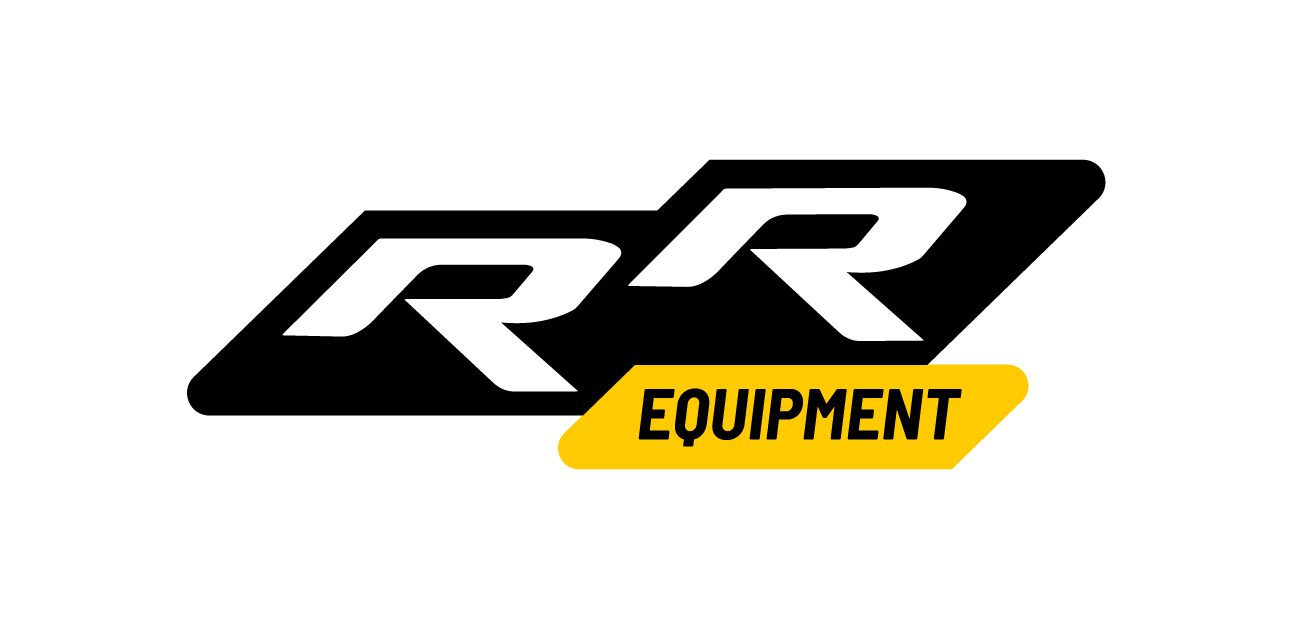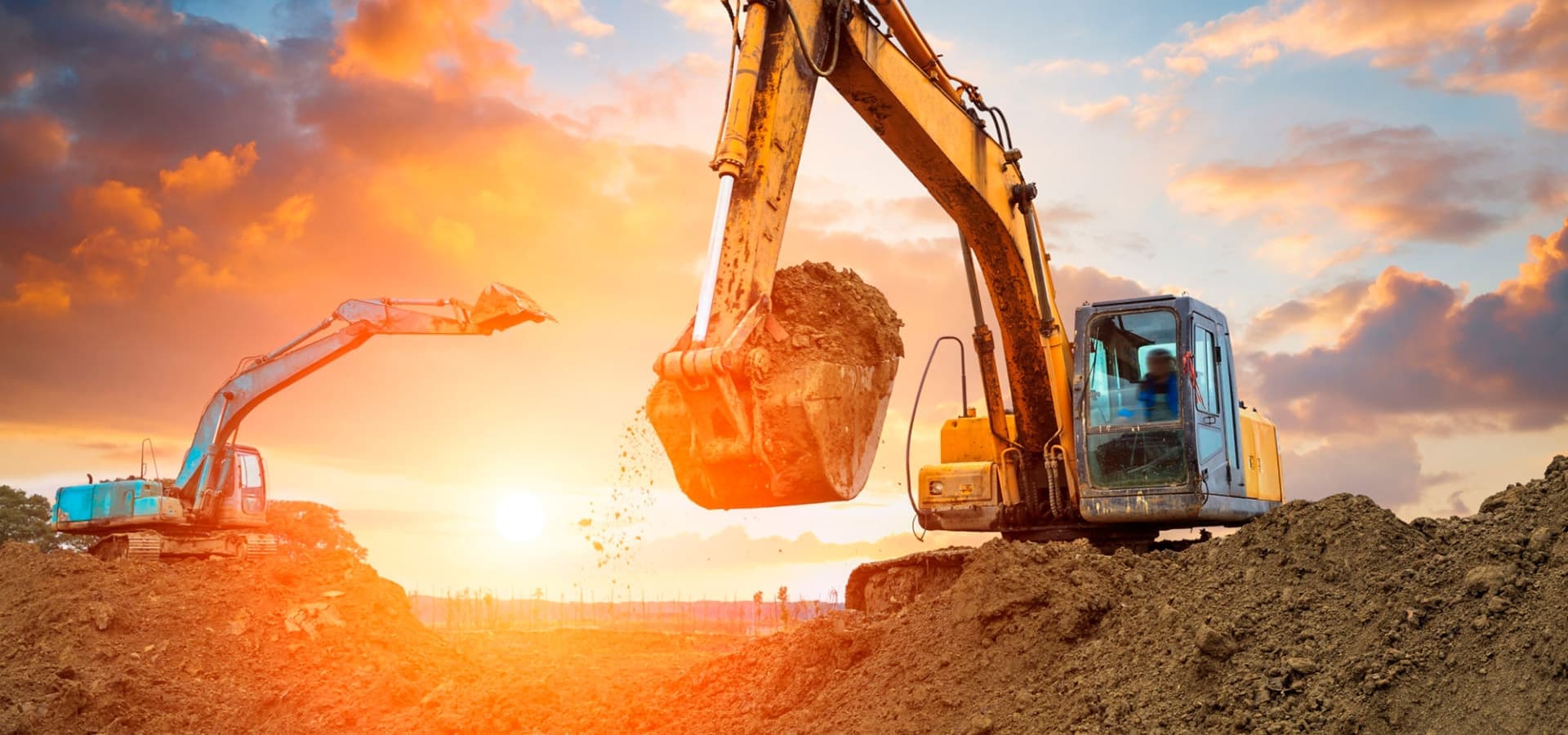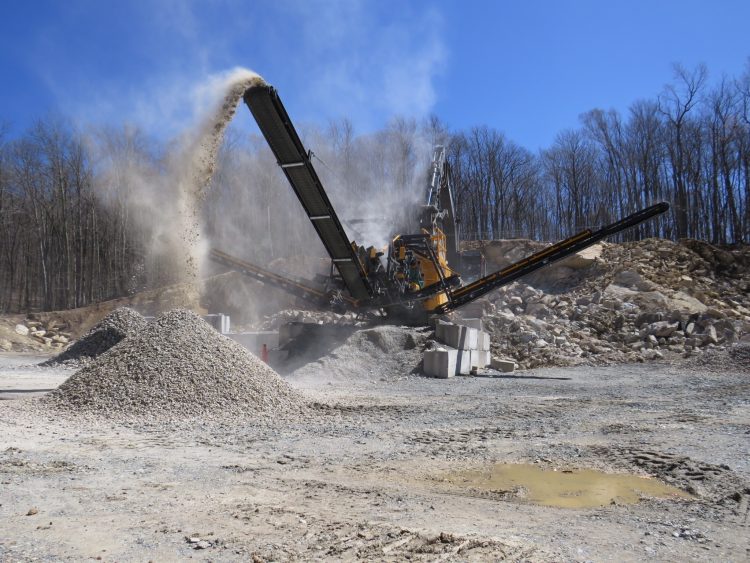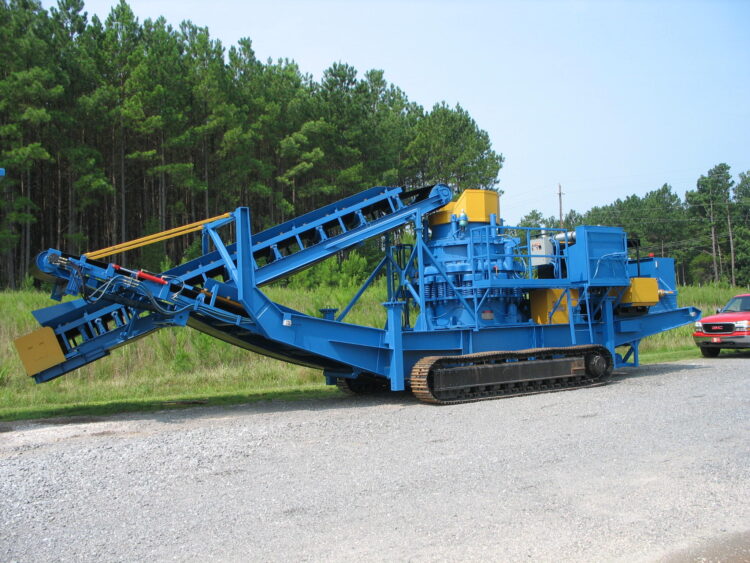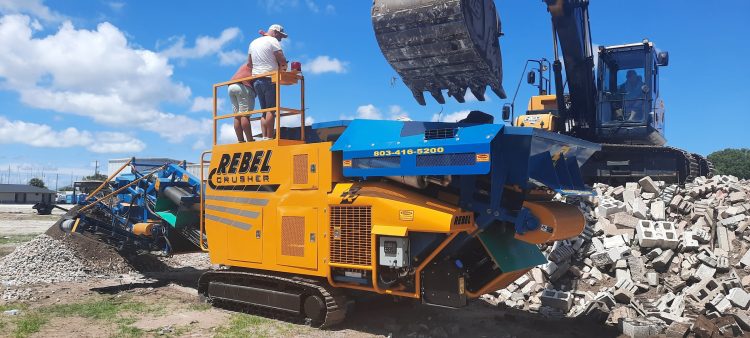The short answer is that some crushers can crush rock, concrete and asphalt. However, there are considerations based on a variety of factors.
If you’re opening a rock quarry you should consider the type of rock you’re crushing, for example, “granite, limestone, basalt, etc.”. You must consider what you need the crusher to do. Is it the primary or secondary crusher? What volume of material do you plan to crush each hour or day? Consider your wear costs, initial investment and how the crusher will be powered, electric or diesel.
Once you determine the type of rock you’re crushing, there are different styles of crushers that do different things. In addition, the style will be determined by the type of rock. Different styles of crushers have pros and cons.
One must consider the style of crusher when choosing a concrete crusher. A rock crusher may also crush concrete, but the opposite may not hold true. For example, an impact crusher would not be recommended for granite rock or basalt rock. Granite and Basalt are igneous rocks and crush better when compaction crushers like jaw crushers or cone crushers are utilized.
There are basic generalizations that can be true for most applications but not all. Jaw crushers may be more widely accepted because of the wide range of materials they are capable of crushing. Most rock quarries use a jaw crusher as the primary crusher. The jaw crusher is slower in speed, rugged, and very simple. Having said this, impact crushers can also be used as primary crushers when the rock is softer and not as abrasive. Cone crushers are more specialized secondary crushers and normally not applied in concrete with rebar or asphalt crushing.
There are a variety of other specialized rock crushers that deserve mention but would only be considered in special situations under unique circumstances. For purposes of this comparison, we’ll focus on the two most common crushers, jaw crushers and impact crushers.
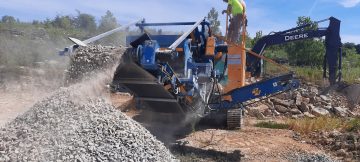
In general, jaw crushers and impact crushers can be all three (rock, concrete and asphalt crushers). The jaw is more widely accepted because it crushes nearly any rock, concrete with rebar and various asphalt. if the rock is hard and/or abrasive, jaw crushers would probably be a sure bet. Impact crushers impact the material and therefore are more suited for softer and less abrasive rock. Having said this, impact crushers can have advantages in crushing material that has more moisture or softness such as asphalt.
Jaw crushers tend to be better when material is hard and brittle. Impact crushers then to be better when material is soft and spongy. Keep in mind, this is a generalization and there are specifics to consider.
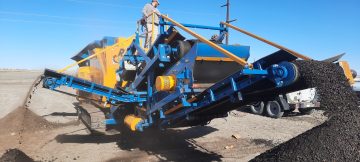
Jaw crushers may not have the same reduction ratio as some impact crushers. The jaw crusher is a compaction crusher and operates by squeezing and rubbing on material. Similar to the jaws in your mouth, it is versatile, rugged and forgiving. Forgiving, meaning that if the material is hard or has rebar and metal, the jaw may handle it better with less wear and less problems. The impact crusher explodes the material by impact at high speed. Therefore, rebar and metal can be more problematic for an impact crusher. An impact may have a higher reduction ratio because of the explosion concept. Some jaw crushers can have a high reduction ratio, but they are not as common.
There are advantages and disadvantages to both an impact and a jaw crusher. The pros and cons should be considered especially when one plans to crush all three materials. Consider the percentage of each material you plan to crush when selecting only one crusher to do it all. For example, if you are going to crush 30% hard rock, 50% concrete and 20% asphalt, a jaw crusher may be best. If you plan to crush hard rock only a jaw crusher may be best. If you plan to crush 80% concrete with rebar and 20% asphalt, a jaw crusher may be best. If you plan to crush 100% asphalt, an impact may be best. If you plan to crush mostly asphalt, in general, an impact may be best.
In addition, the input size and desired output size weigh in on the type of crusher. If one plans to crush asphalt chunks to RAP size of 12/” or 9/16″ minus, the impact may be best. If one plans to crush asphalt to 2″ minus a jaw or impact may be used. If one plans to crush all types of material and wants to produce mostly base material (1 1/2″ minus) the jaw crusher may be the best overall and versatile solution.
All jaw crushers and all impact crushers are not created equally. There are numerous models, types and manufacturers. However, we suggest looking at a demonstration video in order to choose which type of crusher is best for you. If you’re looking at a variety of situations and various materials, arguably the jaw crusher can be applied to more real-world scenarios. Impact crushers are known for being more specialized and would not be found in most rock quarries.
Doing the math, more jaw crushers are used and sold each year. Impact crushers would be second and still capable of processing various materials. In general, if the material is on the hard side the jaw crusher may be best. If the material is on the softer side the impact crusher may be best.
Impact crushers will produce more fines such as powder and dust. Impact crushers will generate more dust in the atmosphere due to the explosion concept. However, impact crushers may be more efficient and have more volume capability. One must weigh out the pros and cons and make sure whatever is being used is best for the various materials and goals of the owner.
Jaw crushers tend to require less Horsepower. The jaw crusher may be less noisy and less expensive to operate by means of lower and less frequent wear parts costs.
It may seem like we’re contradicting our comments. However, there are many considerations and no perfect solution when processing a multitude of materials. In a perfect world with high volume and a high budget, one may choose to combine a jaw crusher and an impact crusher. In concrete recycling with high volume, one may consider using a jaw crusher as the primary to handle the large chunks and nasty input material. After the jaw crusher one may place a secondary impact crusher to handle smaller chunks and reduce the material further.
The overall answer is that it depends. We suggest consulting with a crushing expert to ensure all of your needs are met and you select the best machine for a variety of your needs. If your budget allows and you plan to crush numerous materials, you may end up with a jaw, impact and cone crusher in order to be well rounded and the most efficient.
